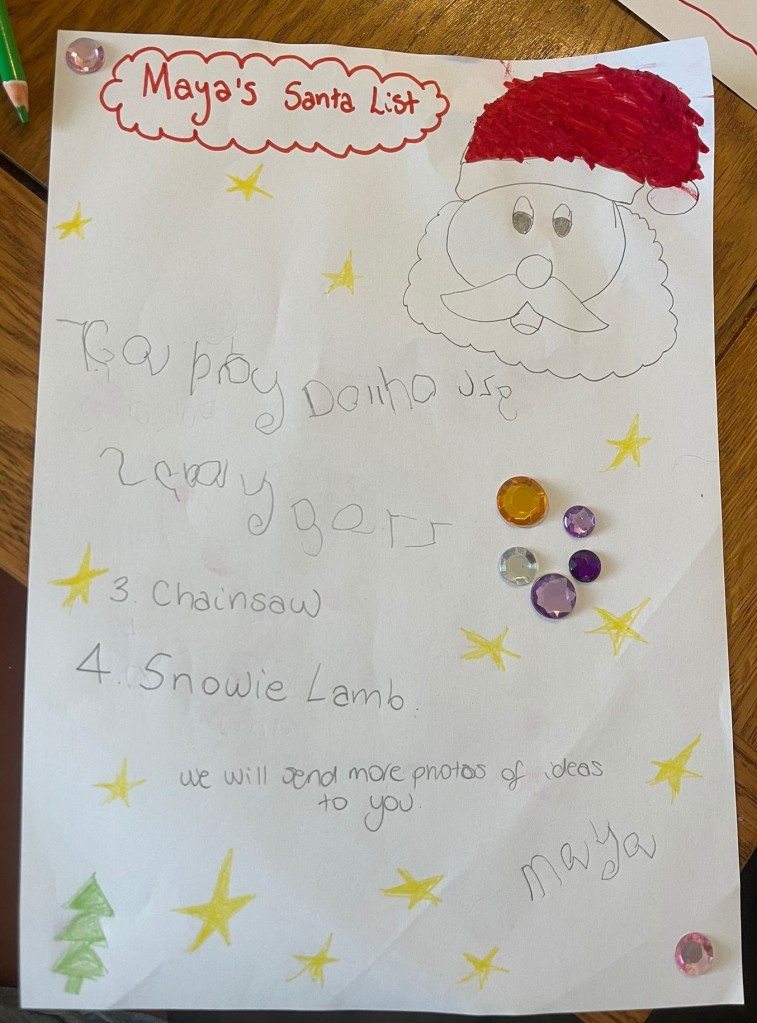Many professional groups who work with children and young people receive regular professional supervision to support their safe practice and create a space for reflection and growth (Hawkins & Shohet, 2006).
Within the context of local authority schools however supervision is rarely provided as a matter of course to senior managers (Lawrence, 2020).
A research project has been completed recently in Highland with a small group of Head Teachers. They were involved in co-creating a framework for a supervision process and then engaged with this process over a number of months.
Feedback from the Head Teachers, following their engagement in this research, was very positive and as a result it has been agreed to continue to offer reflective professional supervision to a wider range of practitioners.
Further information is detailed in this leaflet. If you would like to be paired up with an Educational Psychologist and engage with this offer, please get in touch with bernadette.cairns@highland.gov.uk










